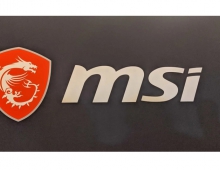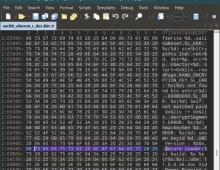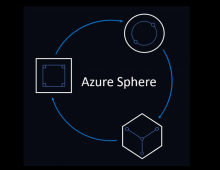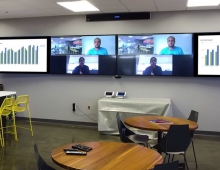
Credit Card Data Breach Targets Hotels, Restaurants and Lounges
Officials of hotel management firm White Lodging Services suspect a breach of point of sales systems from the period March 20 - December 16, 2013 at food and beverage outlets, such as restaurants and lounges, at 14 properties.
In addition, there was one property where the point of sale system and property management system used at the front desk were also suspected as affected.
The food and beverage outlets affected by the suspected breach were located at the following hotels:
- Marriott Midway, Chicago, IL
- Holiday Inn Midway, Chicago, IL
- Holiday Inn Austin Northwest, Austin, TX
- Sheraton Erie Bayfront, Erie, PA
- Westin Austin at the Domain, Austin, TX
- Marriott Boulder, Boulder, CO
- Marriott Denver South, Denver, CO
- Marriott Austin South, Austin, TX
- Marriott Indianapolis Downtown, Indianapolis, IN
- Marriott Richmond Downtown, Richmond, VA
- Marriott Louisville Downtown, Louisville KY
- Renaissance Plantation, Plantation, FL
- Renaissance Broomfield Flatiron, Broomfield, CO
- Radisson Star Plaza, Merrillville, IN
Guests at the hotel who did not use their credit card at these outlets, and guests who purchased to their room account at these outlets, were not affected.
At the Radisson Star Plaza in Merrillville, IN, the inverstigators suspect that the points of sale system at food and beverage outlets were affected as well as the property management system that manages hotel guests? credit card information.
White Lodging Services contacted appropriate federal law enforcement officials and initiated a third-party forensic review, including a review of all other properties managed by White Lodging.
The accessed data may have included names printed on customers' credit or debit cards, credit or debit card numbers, the security code and card expiration dates.
Customers who used their cards at the affected outlets should review all statements from the time in question and consider placing fraud alerts on their credit files, White Lodging said.
The latest data breach comes after the FBI warned retailers last month to prepare for more cyber attacks after discovering about 20 hacking cases in the past year involving the same kind of malicious software used against Target over the holiday shopping season.
The food and beverage outlets affected by the suspected breach were located at the following hotels:
- Marriott Midway, Chicago, IL
- Holiday Inn Midway, Chicago, IL
- Holiday Inn Austin Northwest, Austin, TX
- Sheraton Erie Bayfront, Erie, PA
- Westin Austin at the Domain, Austin, TX
- Marriott Boulder, Boulder, CO
- Marriott Denver South, Denver, CO
- Marriott Austin South, Austin, TX
- Marriott Indianapolis Downtown, Indianapolis, IN
- Marriott Richmond Downtown, Richmond, VA
- Marriott Louisville Downtown, Louisville KY
- Renaissance Plantation, Plantation, FL
- Renaissance Broomfield Flatiron, Broomfield, CO
- Radisson Star Plaza, Merrillville, IN
Guests at the hotel who did not use their credit card at these outlets, and guests who purchased to their room account at these outlets, were not affected.
At the Radisson Star Plaza in Merrillville, IN, the inverstigators suspect that the points of sale system at food and beverage outlets were affected as well as the property management system that manages hotel guests? credit card information.
White Lodging Services contacted appropriate federal law enforcement officials and initiated a third-party forensic review, including a review of all other properties managed by White Lodging.
The accessed data may have included names printed on customers' credit or debit cards, credit or debit card numbers, the security code and card expiration dates.
Customers who used their cards at the affected outlets should review all statements from the time in question and consider placing fraud alerts on their credit files, White Lodging said.
The latest data breach comes after the FBI warned retailers last month to prepare for more cyber attacks after discovering about 20 hacking cases in the past year involving the same kind of malicious software used against Target over the holiday shopping season.





















